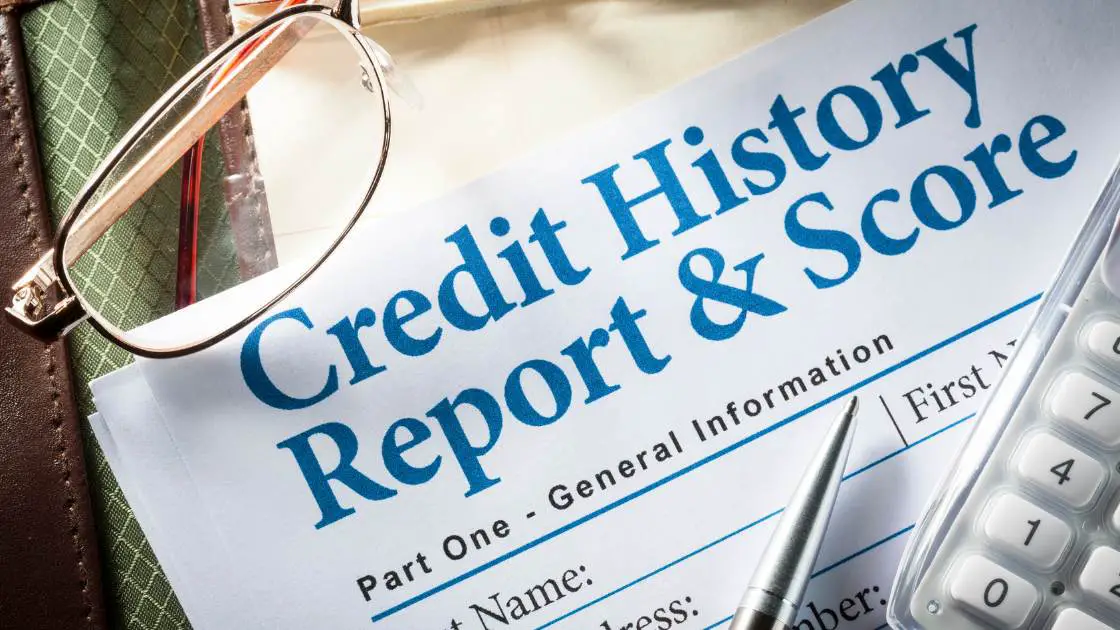If you are wondering whether landlords can report nonpayment of rent to credit bureaus and how they do so, you are in the right place.
In this article, I am going to discuss how landlords can do this and provide details around the various options available to them.
The short answer is as follows:
Landlords can report to the credit bureaus through various services like RentBureau, Datalinx, and FrontLobby. Other options include collection actions or lawsuits that will also show up on a tenant’s credit report.
We’ve got a lot to cover, so let’s get into it.
The information contained in this post is for informational purposes only. It is not legal advice. You should seek the advice of a qualified legal professional before making any decisions relating to the topics covered by this article.
We may earn commissions from products and services that are purchased or recommended through our website as part of our affiliate partnerships. As an Amazon affiliate, we may earn from qualifying purchases.
Why Do Landlords Report to Credit Bureaus?
First off, let me clarify that most landlords that do not report tenant activity to credit bureaus. It takes time, energy and resources to do this, so many landlords don’t bother.
However, there are some that do because they may believe that reporting tenant payment activity will create an incentive for them to continue making payments on time. But it’s not just about positive incentives – it also carries the threat that their credit score will suffer if they don’t make on time payments.
From a tenant’s perspective, a landlord reporting payments is not necessarily a bad thing. If the tenant is conscientious and responsible, steady reporting of on time payments may boost their credit score and give assurance to future landlords that the tenant is a reliable person.
In fact, according to a recent study conducted by TransUnion, 70% of renters who have had their payments reported saw an increase in their credit score.
On the other side of the equation, around 50% of landlords have said that rent reporting has helped them attract financially responsible tenants.
How Can Landlords Report to Credit Bureaus?
Reporting to credit bureaus is often easier said than done. However, there are a few ways landlords may go about it, depending on the number of units they’re managing and the kind of service they need.
So, let’s take a closer look at some of the options available:
Report Directly to the Credit Bureau
Direct reporting to the credit bureau is possible, provided that the landlord (or renting company) can meet the minimum requirements.
These requirements are often made to fit property management companies with large portfolios, though. So, while direct reporting cuts the hassle out, it might not be a suitable option for small-scale landlords.
If the landlord is qualified, they’ll have to provide the bureau with personal and business information. Once registered, they’ll be able to report non-payments and late payments.
Use a Credit Reporting Service
Credit reporting agencies help independent landlords navigate their way while collecting tenant information and reporting to the bureaus.
Here are some of the common credit reporting services that can landlords may use:
Experian RentBureau
Property managers and landlords with 500 or fewer units might not be able to report directly, but they can use the RentBureau service by Experian instead.
Plus, it’s also possible to have the payments automatically deducted from the tenant’s bank account.
More so, the credit history, including non-payment, will be reported to Experian, one of the leading credit bureaus.
Datalinx
Datalinx is a full-service data solutions provider that helps property owners report payment records.
They do so by creating compliant “Rental 1” files, which is the standard format the bureaus use to accept resident credit data into their consumer credit database. In order to report to them directly a landlord must have their data in the Rental 1 Format.
All in all, it could be a good fit if the landlord has less than 50 tenants and is looking for an intermediary to help you report to the TransUnion bureau.
They’ll just need the basic paperwork (proof of ownership, lease copy, and ID) to sign up for the service and get their reporting code.
FrontLobby
FrontLobby is yet another service that caters to small-scale property owners by providing credit score checks, debt reporting, and rental reporting to Equifax and the LCB.
The service also offers rental reporting free of charge for the first 20 leases.
Resort to Collection Agencies
A collection agency is a company that chases and notifies tenants about their late payments. Then, the agency can report the collection account to credit bureaus if the tenant still refuses to comply.
In most cases, a landlord will need to provide the collection agency with a copy of the rental agreement that includes the renter’s name, Social Security number, and contact details.
File a lawsuit
Finally, a landlord may file a lawsuit, which may result in the non-payment showing up on a tenant’s credit report. It’s a big hassle though, so most landlords will try to use other methods to get payments.
However, if they go through with it and they prevail, they’ll receive a judgment from the court and that judgment will become part of the public record. This in turn will get reported to the credit bureaus.
The Takeaway
So there you have it – an clear answer to whether a landlord may report to credit bureaus and some of the options for doing so. Hope this has been helpful and happy renting!

